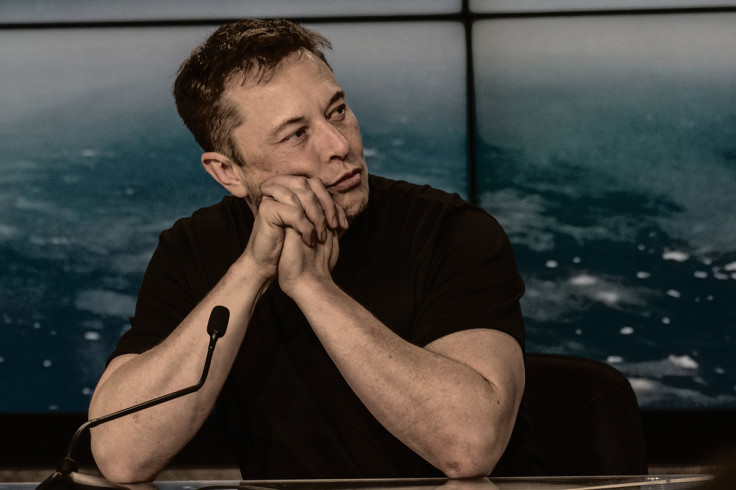Elon Musk Launches Grokipedia To Give The World 'Unfiltered Facts' - A Win Over Wikipedia, Or Just Hype?
The billionaire's AI-driven knowledge hub promises 'unfiltered facts', but experts warn it may face serious hurdles.

Elon Musk has unveiled Grokipedia, a new AI-driven encyclopaedia he vows will crush Wikipedia by serving up 'unfiltered facts' free from political spin.
Built on his Grok chatbot, Musk pitches the project as the ultimate open-source knowledge hub, a bold attempt to rewrite how the world finds truth online.
But is Grokipedia a genuine challenger to one of the internet's most trusted institutions, or just the latest headline grabbing Musk experiment?
Why Grokipedia Exists
Musk's plan for Grokipedia was unveiled in a series of posts on X, where he invited users to help 'build a massive improvement over Wikipedia'.
He has long criticised the free encyclopaedia, accusing it of leaning left politically, citing incidents such as its 2022 editing frenzy over the word 'recession' and its decision to block sources like Fox News and Breitbart.
Backing him is tech investor David Sacks, who recently called Wikipedia 'hopelessly biased' and dominated by 'an army of activists'.
For Musk and his supporters, Grokipedia is pitched as the solution — a platform free from gatekeepers, powered by artificial intelligence instead of ideology.
We are building Grokipedia @xAI.
— Elon Musk (@elonmusk) September 30, 2025
Will be a massive improvement over Wikipedia.
Frankly, it is a necessary step towards the xAI goal of understanding the Universe. https://t.co/xvSeWkpALy
How It Will Work
Unlike Wikipedia's volunteer-led model, Grokipedia will rely heavily on AI. Musk's Grok chatbot, trained on web data and social media, will scan, fact-check, and even rewrite articles to strip out inaccuracies and add missing context.
'We're using a lot of inference compute and reasoning to look at all of the source data, which is really the corpus of human knowledge,' Musk explained in a recent podcast. He argues this system can avoid human bias and create content that adapts as knowledge evolves.
However, critics point out Grok itself has faced controversies, including bizarre outputs such as praising Hitler. This raises the question: can Grokipedia really be more reliable than its human-edited rival?
ELON: WE USE GROK TO CORRECT THE FALSEHOODS FROM WIKIPEDIA
— Mario Nawfal (@MarioNawfal) October 1, 2025
“We're using a lot of inference compute and reasoning to look at all of the source data, which is really the corpus of human knowledge.
[Grok is] thinking about each piece of information and then adding what's missing… https://t.co/8AoNFNbsUq pic.twitter.com/Sd2vrdMlXN
Wikipedia's Legacy And Musk's Challenge
Founded in 2001, Wikipedia has grown to over 55 million articles in 300 languages and remains the internet's go-to knowledge source.
While studies show up to 20% of entries contain errors, its vast volunteer network ensures continuous oversight.
Musk's Grokipedia, by contrast, will need to prove that an algorithm can outperform a human community in both accuracy and fairness.
Wikipedia's defenders, including co-founder Jimmy Wales, have accused Musk of undermining trust in digital information. Wales has also criticised Musk's leadership of X, warning that trolls have flourished under his watch.
Hype Or Game-Changer?
No launch date has been confirmed for Grokipedia, but its announcement has already fuelled debate. Supporters see it as a bold step toward breaking Wikipedia's monopoly on knowledge, while sceptics fear it could amplify the very biases Musk claims to fight.
What's clear is that Grokipedia represents more than just a website — it's Musk's latest attempt to reshape how information is shared, consumed, and trusted online. Whether it becomes a genuine rival to Wikipedia or simply another headline-grabbing experiment remains to be seen.
© Copyright IBTimes 2025. All rights reserved.





















